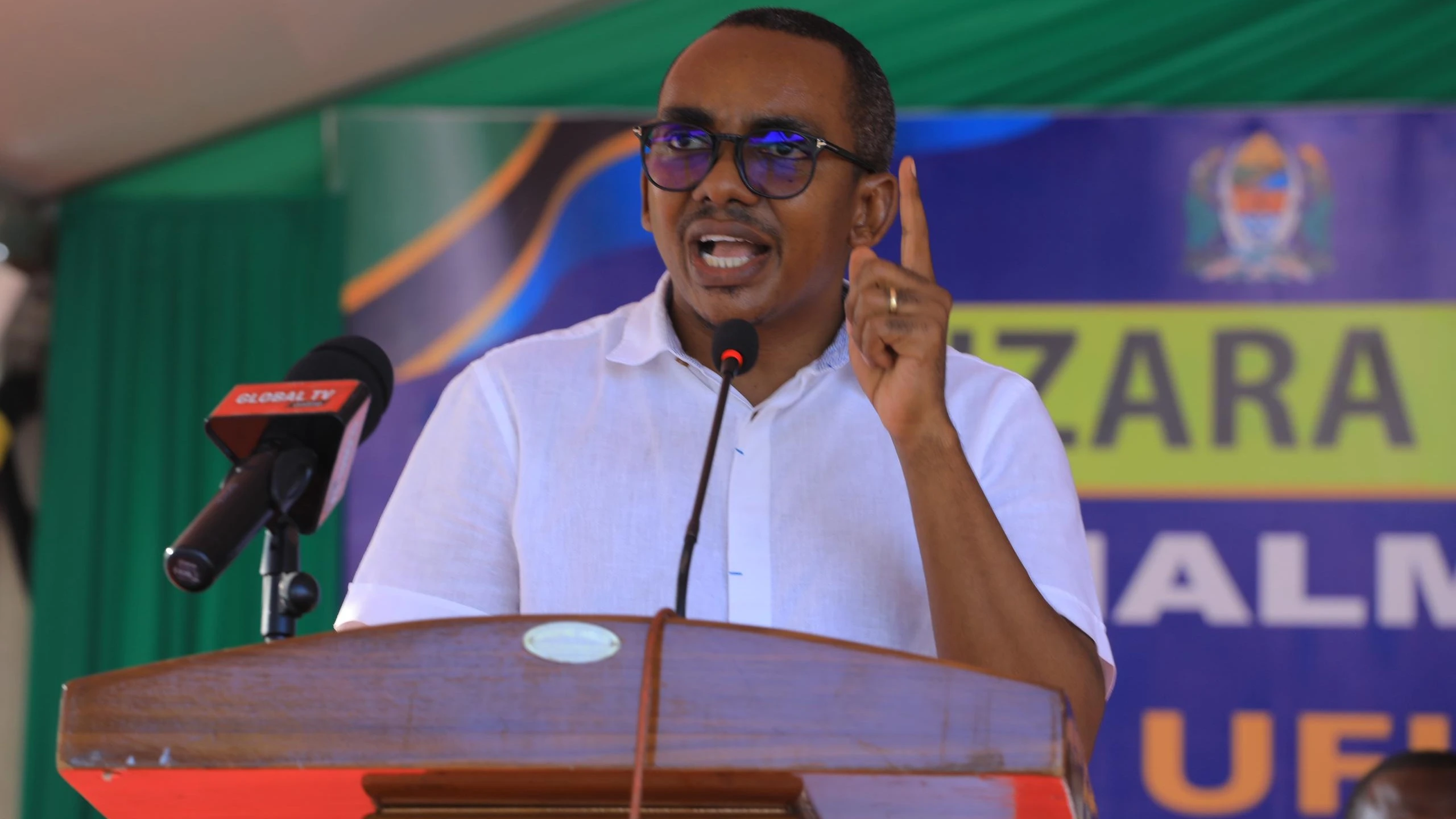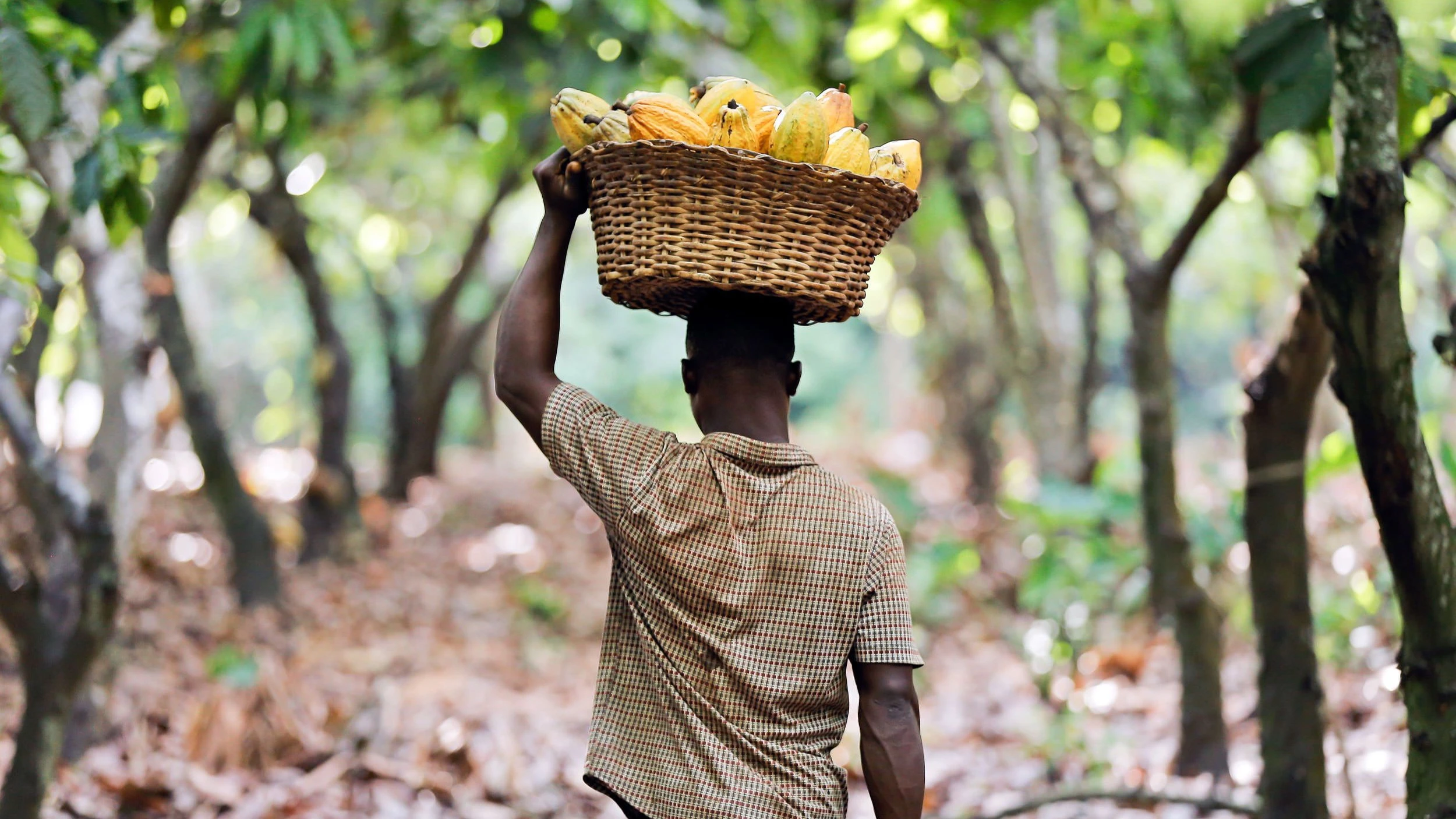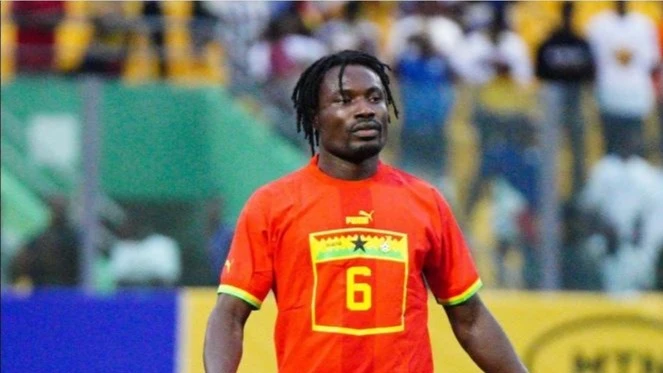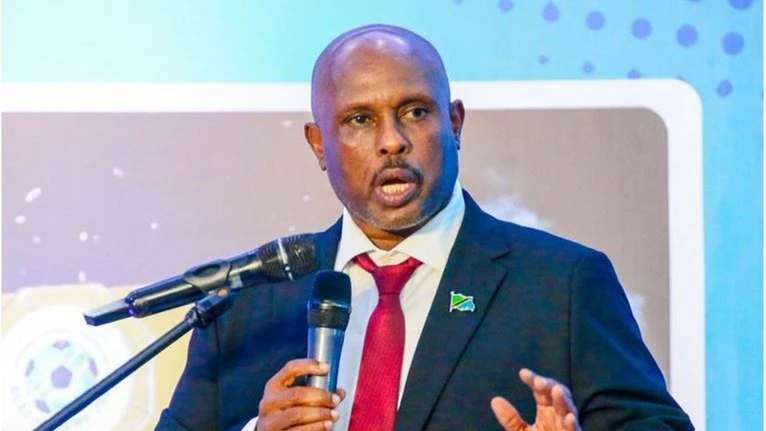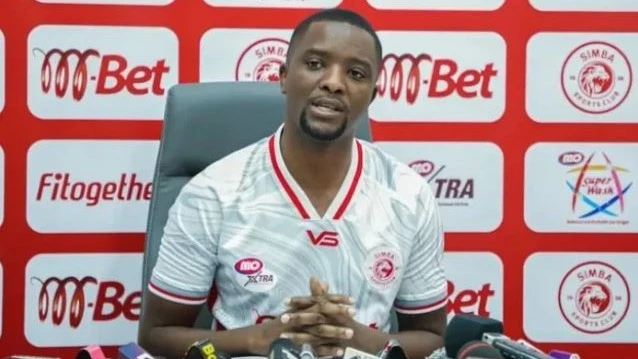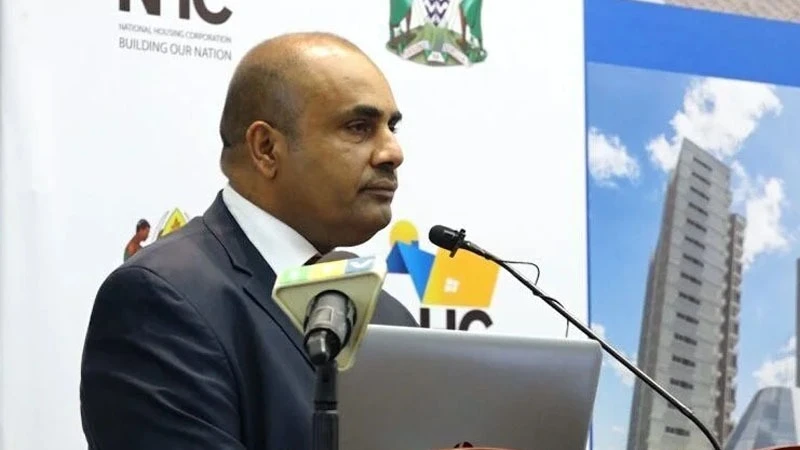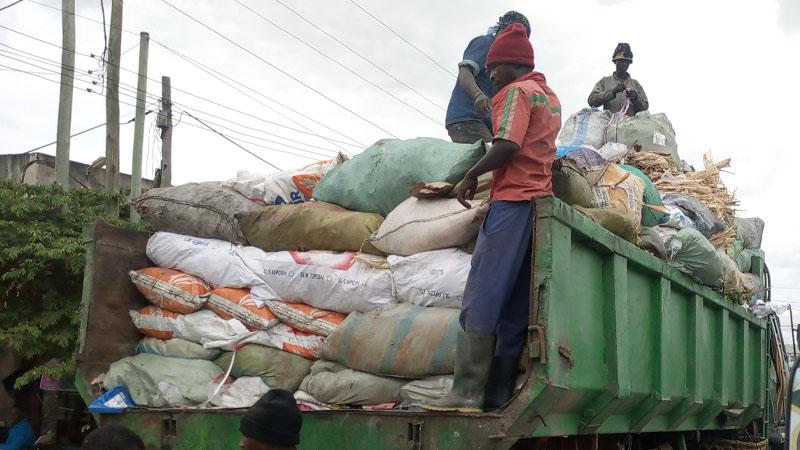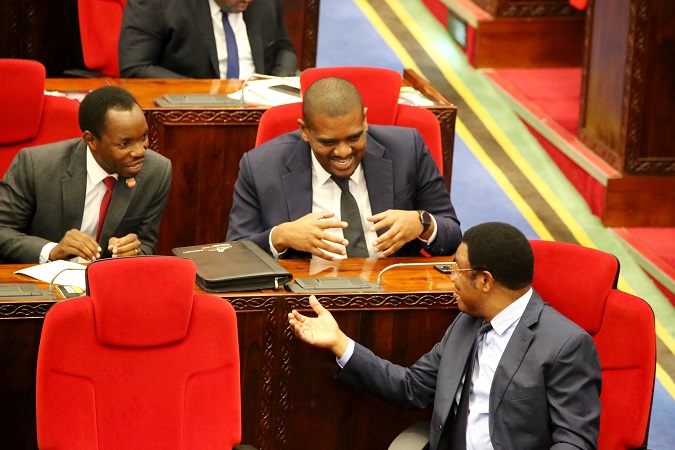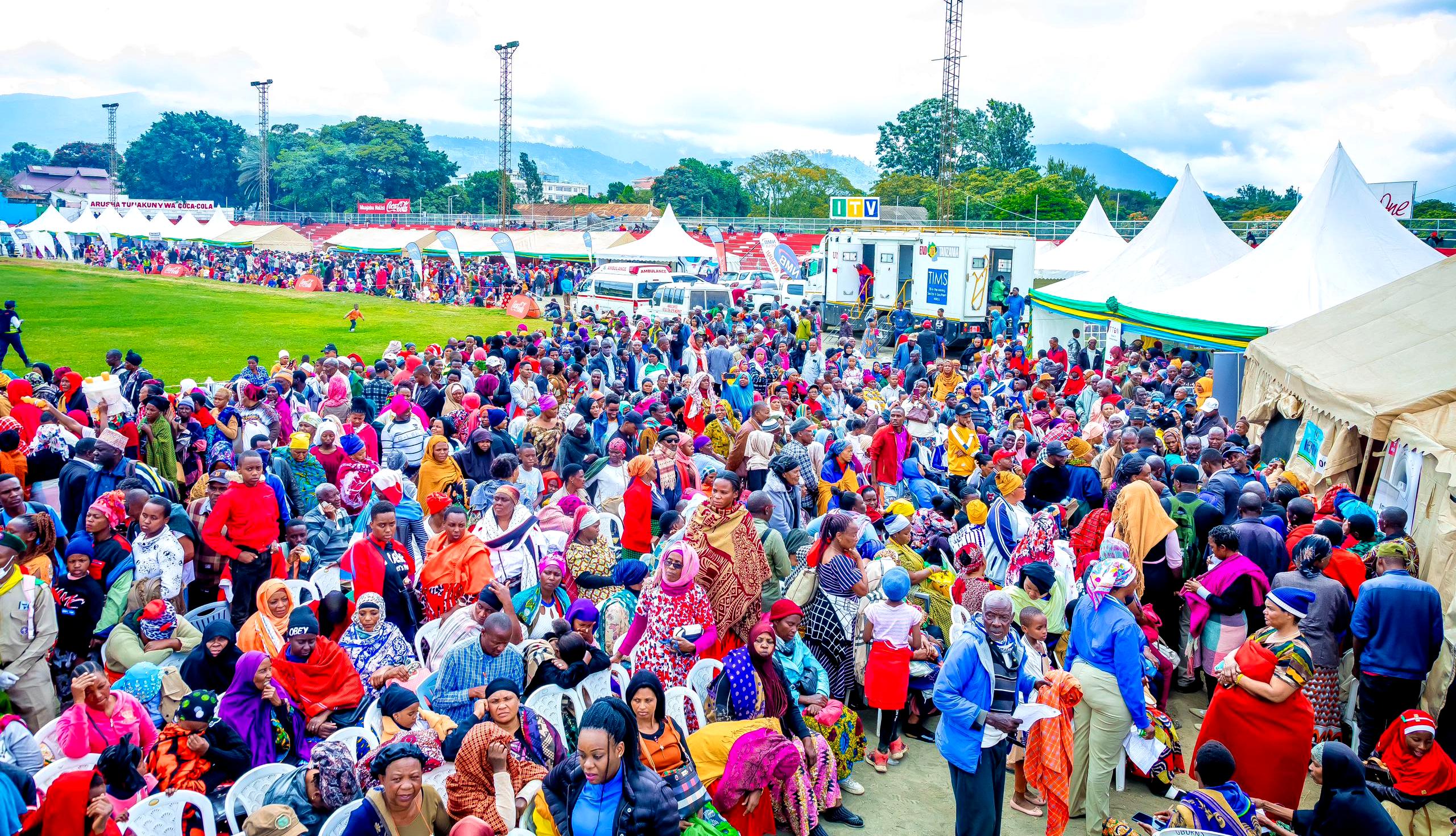‘RCs should not wait for state intervention’
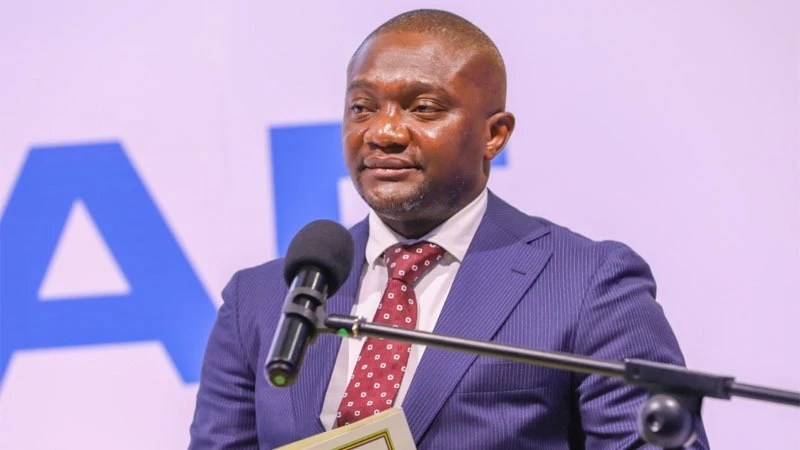
REGIONAL commissioners must adopt appropriate leadership models of solving problems facing the public and not wait for interventions from above, the President’s Office has instructed.
Mohamed Mchengerwa, the Regional Administration and Local Governments state minister in the President's Office (PO-RALG), issued this directive when launching the regional and local governments strengthening programme (RLGSP) here yesterday.
"You have been entrusted by the president to lead the regions, and thus you must trust yourself and take sober decisions and actions in solving all problems that are brought up," he said.
He reminded the key administrators that President Samia Suluhu Hassan was injecting large amounts of money to support different socioeconomic sectors in all regions, and thus it is prudent for leaders in local governments to ensure the patriotic use of the funds.
Local officials should improve service delivery in addressing challenges and grievances facing the public in areas of their jurisdiction, he said, underlining that President Samia wants to see improvements in solving diverse problems facing the communities from the regional level to districts, wards and villages.
The minister said the Head of State was impressed with the improvement in service delivery and instructed leaders in the public service sector to embrace a spirit of patriotism.
The launched programme started to operate two years ago and is expected to take up 400bn/- in implementation ending in 2030, with 16bn/- so far spent, he said.
RLGSP is guided by objectives and intervention that collectively facilitate key ambitions of deepening and widening decentralization, meant to improve public services and socioeconomic conditions generally, he explained.
The programme involves the government and a wide range of interested development partners, with experts developing its financing strategy and communication during the outgoing financial year, he elaborated.
Dr Fredrick Mwakibinda, a senior Treasury official, said the government is working on a financial strategy to obtain the 400bn/- for taking the programme to the hilt.
Denis Londo (Mikumi), who chairs the Local Government Affairs standing committee of the National Assembly, said that RLGSP plays a meaningful role in helping stimulate economic development in various areas.
It has been unlocking fresh economic niches as well as enabling effective monitoring of human resources at the local government level, he said.
Anthony Mtaka, the Njombe RC, presented a collective position of his colleagues, hailing President Samia for implementing diverse interventions meant to rectify the performance of local governments.
Ally Mwinchande, standing in for the European Union (EU) delegation as development partners, said the EU has so far bankrolled implementation of vital projects, hailing the government for initiating the constructive programme which commenced two years ago.
The EU will work closely with the government to ensure implementation of the programme leads to projected results, he said, citing collaboration with the UN agency, UNICEF.
The agency has been working to support the government to strengthen the performance of health, nutrition, education and child protection fields, he added.
Top Headlines
© 2024 IPPMEDIA.COM. ALL RIGHTS RESERVED







